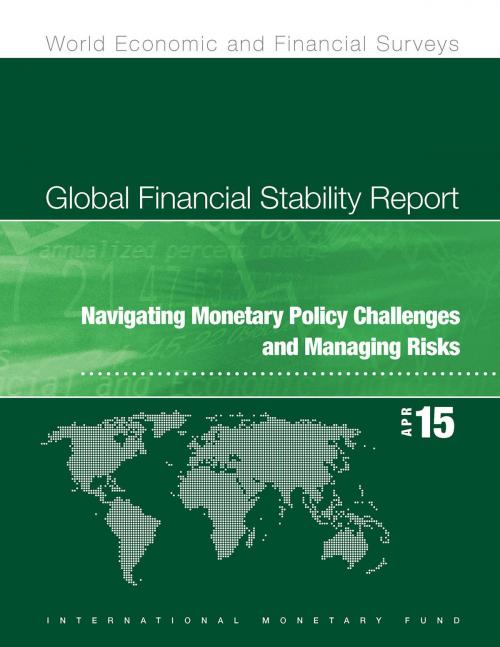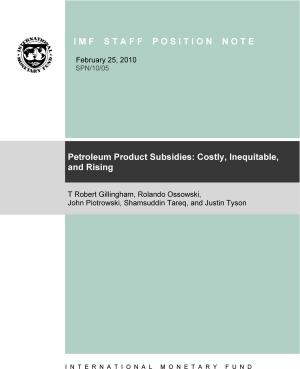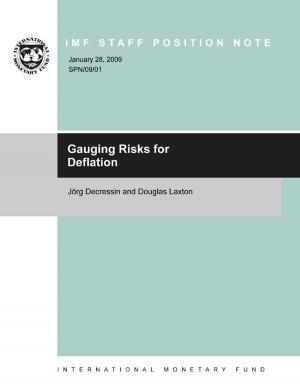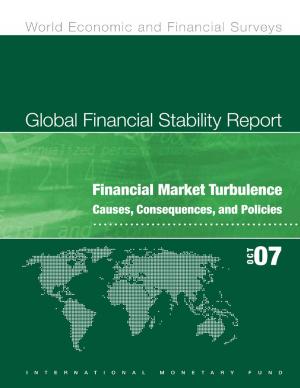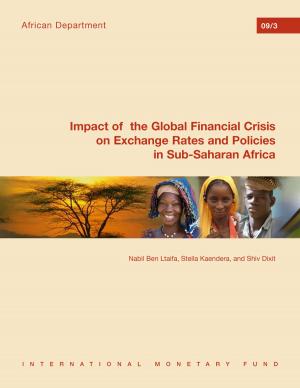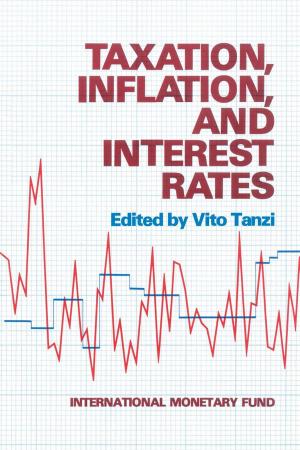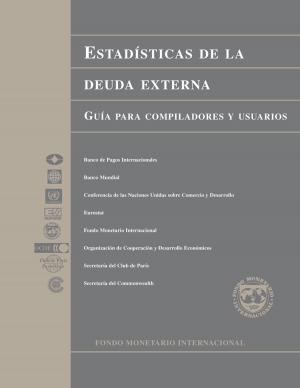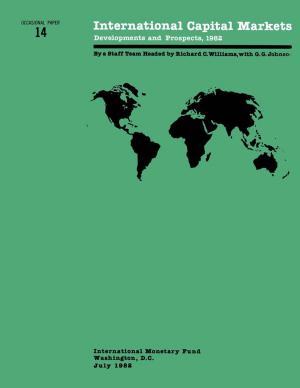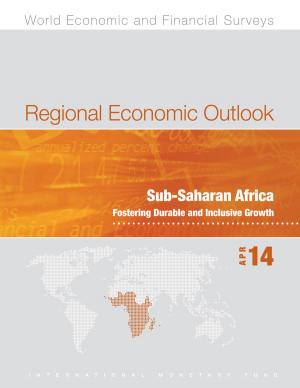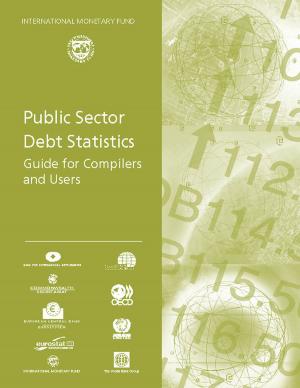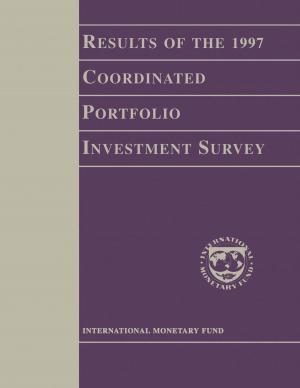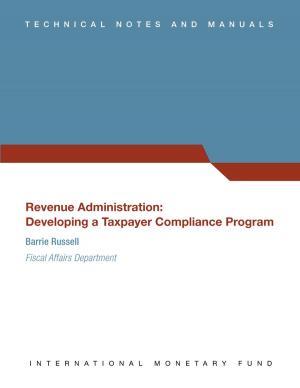Global Financial Stability Report, April 2015
Navigating Monetary Policy Challenges and Managing Risks
Business & Finance, Economics, International Economics, Finance & Investing, Banks & Banking, Finance| Author: | International Monetary Fund. Monetary and Capital Markets Department | ISBN: | 9781475547580 |
| Publisher: | INTERNATIONAL MONETARY FUND | Publication: | April 15, 2015 |
| Imprint: | INTERNATIONAL MONETARY FUND | Language: | English |
| Author: | International Monetary Fund. Monetary and Capital Markets Department |
| ISBN: | 9781475547580 |
| Publisher: | INTERNATIONAL MONETARY FUND |
| Publication: | April 15, 2015 |
| Imprint: | INTERNATIONAL MONETARY FUND |
| Language: | English |
The current report finds that, despite an improvement in economic prospects in some key advanced economies, new challenges to global financial stability have arisen. The global financial system is being buffeted by a series of changes, including lower oil prices and, in some cases, diverging growth patterns and monetary policies. Expectations for rising U.S. policy rates sparked a significant appreciation of the U.S. dollar, while long term bond yields in many advanced economies have decreased—and have turned negative for almost a third of euro area sovereign bonds—on disinflation concerns and the prospect of continued monetary accommodation. Emerging markets are caught in these global cross currents, with some oil exporters and other facing new stability challenges, while others have gained more policy space as a result of lower fuel prices and reduced inflationary pressures. The report also examines changes in international banking since the global financial crisis and finds that these changes are likely to promote more stable bank lending in host countries. Finally, the report finds that the asset management industry needs to strengthen its oversight framework to address financial stability risks from incentive problems between end-investors and portfolio managers and the risk of runs due to liquidity mismatches.
The current report finds that, despite an improvement in economic prospects in some key advanced economies, new challenges to global financial stability have arisen. The global financial system is being buffeted by a series of changes, including lower oil prices and, in some cases, diverging growth patterns and monetary policies. Expectations for rising U.S. policy rates sparked a significant appreciation of the U.S. dollar, while long term bond yields in many advanced economies have decreased—and have turned negative for almost a third of euro area sovereign bonds—on disinflation concerns and the prospect of continued monetary accommodation. Emerging markets are caught in these global cross currents, with some oil exporters and other facing new stability challenges, while others have gained more policy space as a result of lower fuel prices and reduced inflationary pressures. The report also examines changes in international banking since the global financial crisis and finds that these changes are likely to promote more stable bank lending in host countries. Finally, the report finds that the asset management industry needs to strengthen its oversight framework to address financial stability risks from incentive problems between end-investors and portfolio managers and the risk of runs due to liquidity mismatches.
